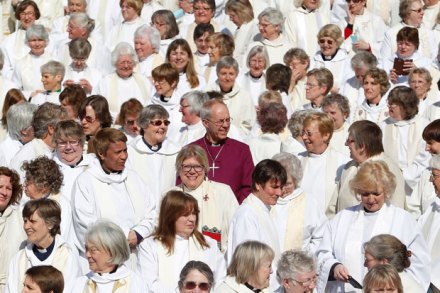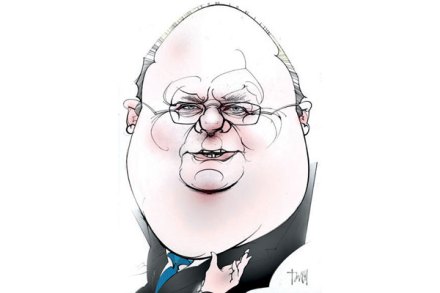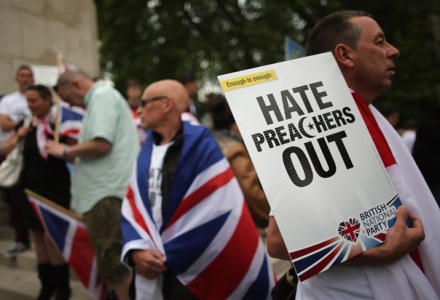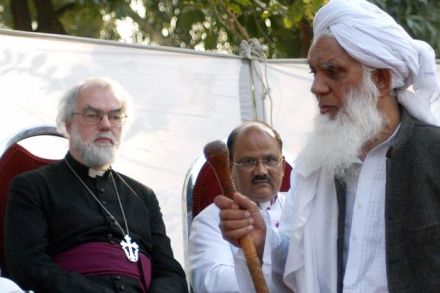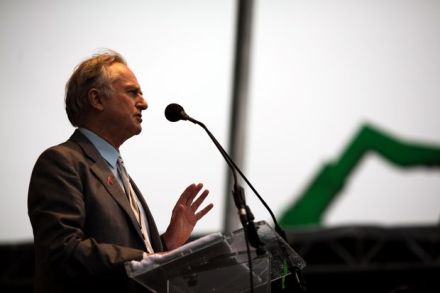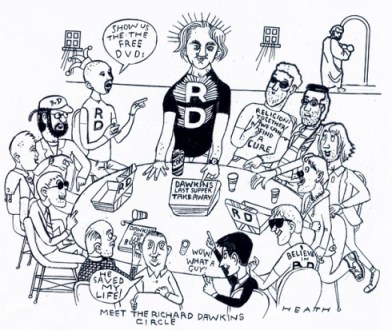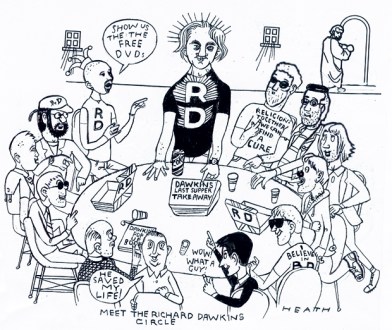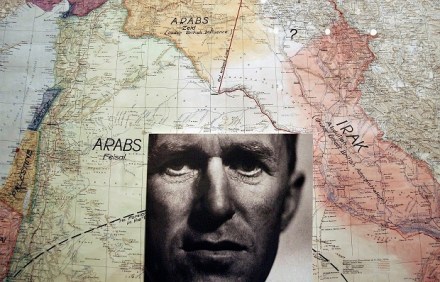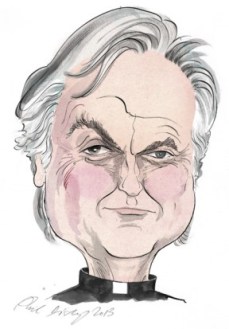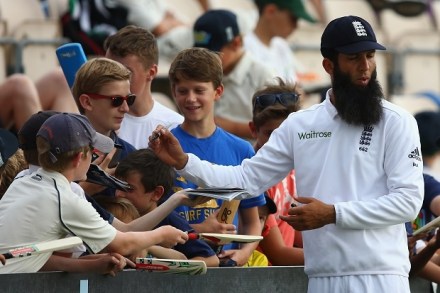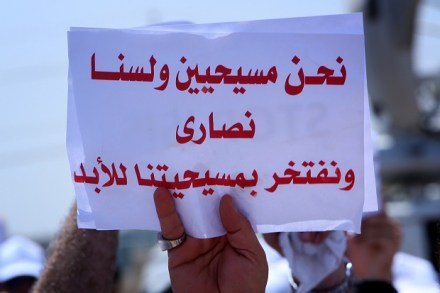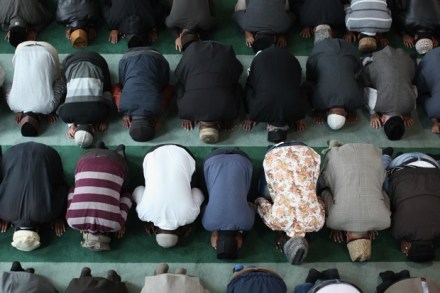Conservative Anglicans’ emergency plan to escape women bishops
Anglicans aren’t the sort of church-goers who set much store by miracles, signs and wonders. Yet their own church is one of the greatest miracles of our society: it has managed to hang together, in spite of raging differences, for centuries. Since 14 July, that miracle has been under threat. For most, it was a great leap forward when the General Synod finally approved the ordination of women bishops. A delighted Archbishop of Canterbury was ‘grateful to God and to answered prayers’. David Cameron called it a ‘great day for the church and for equality’. But one section of the church didn’t feel it was a great day. Members of the
